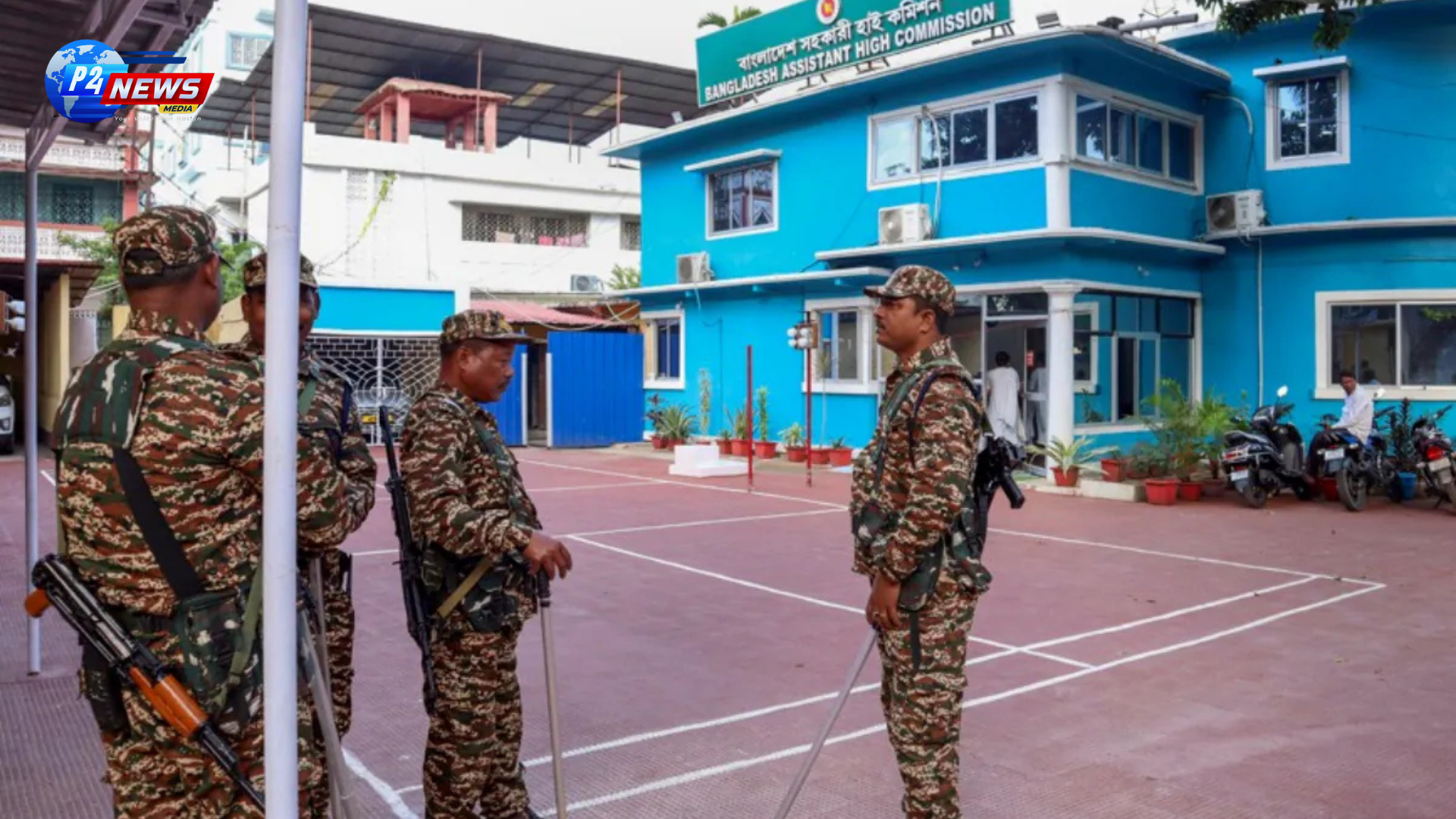In a striking address at the ‘Kathale Kul (Clan) Sammelan’ in Nagpur, RSS Chief Mohan Bhagwat highlighted a crucial aspect of India's demographic dynamics, asserting that the population growth rate should not dip below 2.1, as per the country's population policy set around the turn of the millennium. Bhagwat's remarks pose a serious warning about the future of society, emphasizing that without a sustainable population growth rate of at least 3, societal survival is at stake. This bold assertion invites a deeper examination of our family structures and demographic strategies.
RSS Chief Mohan Bhagwat's Stark Warning: Falling Below 2.1 Growth Rate Could Spell Disaster for Society
In a compelling address at the ‘Kathale Kul (Clan) Sammelan’ held in Nagpur, RSS Chief Mohan Bhagwat expounded on a significant concern regarding India's demographic trends. He underscored the nation's population policy established roughly between 1998 and 2002, which articulates that the population growth rate must not decline under 2.1. Bhagwat, citing principles of population science, further highlighted the necessity for a growth rate of at least 3 to ensure societal continuity and prevent extinction.
This assertion drew attention to the importance of the family, or "kutumb," as a critical building block of society. He expressed strong apprehensions about declining population growth rates, referencing Loksankhya Shastra, which supports the idea that a society could potentially collapse if its growth rate falls below the 2.1 threshold. Bhagwat's speech resonates with many demographic experts who recognize the link between population stability and cultural longevity.
The RSS Chief's comments come at a time when India is witnessing shifting population dynamics, and these trends have far-reaching implications for economic and social structures. The emphasis on family as a fundamental unit of society speaks to a broader cultural narrative that values kinship and community ties as essential for societal health.
Participants at the 'Kathale Kul' event listened intently as Bhagwat articulated the potential repercussions of declining birth rates. He articulated that the interplay between family units and community resilience is vital in maintaining a robust society. His call to action serves as a reminder for policymakers and citizens alike to contemplate the significance of fostering environments that encourage family growth and sustainability.
The broader context of Bhagwat's warning is rooted in a significant demographic challenge that several countries, including India, are poised to face in the coming years—whether through policy measures, cultural shifts, or economic pressures. The emphasis on maintaining population growth as a means of ensuring societal survival reinforces the need for a reevaluation of existing policies that govern family planning and reproductive health.
As debates around population growth, sustainability, and societal values continue, Bhagwat's statements highlight the critical intersection of family dynamics and national identity. It places a spotlight on the responsibilities of individuals and communities in fostering a culture that supports growth, both in numbers and in shared values.
In essence, Bhagwat's remarks serve as both a caution and a call to action, urging society to reflect on its demographic trajectory and the underlying values that shape it. Ensuring that the population growth rate remains sustainable is not merely a matter of numbers; it is a fundamental question of identity, continuity, and the legacy that future generations will inherit.
















Comments 0